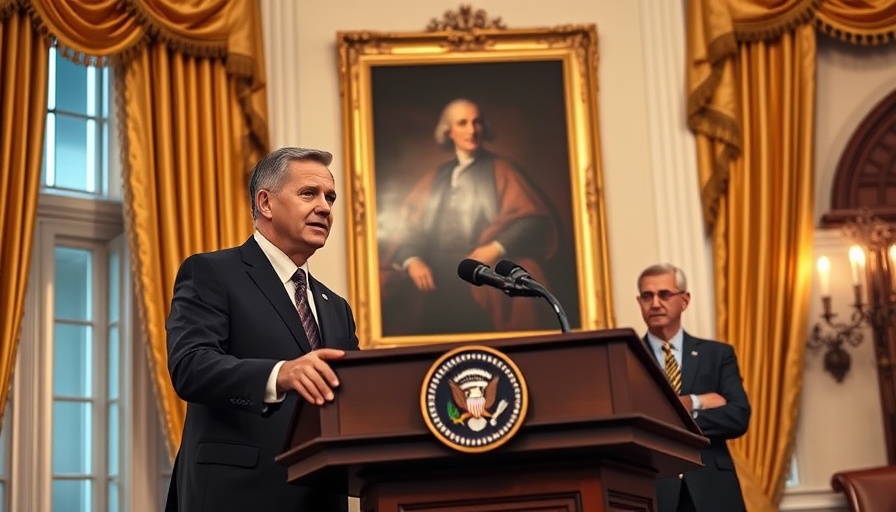
Trump's Stance on San Francisco: A Controversial Choice
In a surprising move, President Donald Trump has once again turned the spotlight on San Francisco, proposing the potential deployment of National Guard troops to the city, a decision he claims is backed by local officials. During a recent press conference, Trump characterized San Francisco as a "mess" and emphasized his administration's plans for federal law enforcement intervention. However, local leaders swiftly pushed back, arguing that there has been no request for federal troops, signaling a growing tension between the federal government and San Francisco officials.
The Response from San Francisco Officials
Local leaders, including Mayor Daniel Lurie and District Attorney Brooke Jenkins, have categorically rejected Trump's narrative. Jenkins articulated that deploying federal troops could escalate tensions, drawing parallels to violent outcomes seen in other cities where such actions have taken place. Both officials stressed that crime rates are actually declining in San Francisco, undermining Trump’s assertion that the city is in crisis.
The Role of Prominent Business Figures
The situation intensified when Salesforce CEO Marc Benioff made comments in favor of increased policing, which seemed to pave the way for Trump’s remarks. Critics argue that influential figures like Benioff can risk undermining local efforts and exacerbate tensions. This moment reflects a complex relationship between business interests and local governance, particularly in a city historically labeled as progressive.
What Does This Mean for San Francisco?
The dialogue surrounding the National Guard's deployment isn't just a local issue; it highlights deeper ideological divides within American society. For San Francisco, a city known for its liberal stance, Trump's comments evoke a sense of anxiety regarding the trajectory of national governance and civil liberties.
Future Implications for Bay Area Politics
This unfolding narrative suggests a troubling trend where federal intervention is perceived as necessary. Observers wonder how this situation could unfold, particularly as San Francisco continues to navigate its unique blend of progressive goals and practical safety needs. The juxtaposition of declining crime rates against calls for external military support raises important questions about governance and community autonomy.
 Add Row
Add Row  Add
Add 




Write A Comment